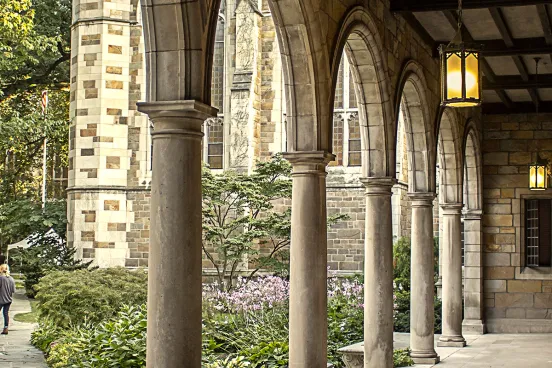According to seasoned Silicon Valley litigator Dan Bergeson, ’82, his practice has remained remarkably consistent since he arrived in the Bay Area more than three decades ago, despite the rapid change that defines the technology industry.
“It used to be more computer manufacturers, but now we’re doing a lot of work with social media companies and in the biotechnology space,” says Bergeson. “The practice is very similar, but what the clients are doing is very different.”
Going to trial in the era of COVID-19 has introduced a new twist into once-familiar proceedings, especially for the complex business litigation that is typical of Bergson’s practice. At the outset of the pandemic, Bergeson joined with other members of the Association of Business Trial Lawyers to form the Bay Area Complex Courts Working Group to help ease the transition to a virtual format.
The task force, which included judges as well as litigators, set out to establish remote protocols for the state’s system of complex courts, which were created to handle complicated civil litigation. Based on the group’s discussions, and a review of what was and was not working in other jurisdictions, they created a framework for how to conduct remote trials and circulated their suggestions to area judges.
The model rules are designed to help inform pretrial orders while remaining flexible enough for each individual case, judge, and court, and address a variety of practical and procedural issues. One example is whether or not witnesses should use virtual backgrounds, which can help prevent someone from being influenced by what they see in a witness’s home, but can also make it difficult to tell if someone else is in the room or coaching the witness via some kind of device. The task force determined that backgrounds should be used when possible, but that the oath should be modified so that witnesses are required to swear that they are not receiving unauthorized assistance.
The rules also outline protocols for the use of exhibits, procedures related to using video conference features like breakout rooms and the chat function, how to manage technological difficulties, and other pertinent issues.
For many of Bergeson’s cases that were ongoing at the start of the pandemic, parties agreed to bench trials in order to expedite proceedings. “That has been different, but you’re getting to trial and you’re putting your case on, and the meting out of justice has continued, as it must. It has not materially impacted the ability to be in front of a judge and argue your case,” says Bergeson. “Overall, things have gone remarkably well, at least in my experience, and with regard to motion practices and so forth, I find using a platform like Zoom to be very efficient and something which may be here to stay.”
The transition to virtual proceedings hasn’t been without adjustment, however. “When you’re cross-examining a witness, the format takes away some of the more theatrical tricks, even though the questions are the same,” says Bergeson. “You don’t have those face-to-face moments where you have that feeling of connectivity from seeing the judge or juror’s reaction. It hasn’t taken away the substance of what you’re trying to do, which is elicit admissible evidence, but it is different.”
A Michigan native, Bergeson has been based in California since he clerked for Judge Samuel Conti of the U.S. District Court for the Northern District of California after graduating from law school. It was his first exposure to trial work, and the experience informed his decision to join Wilson Sonsini Goodrich and Rosati in the Bay Area. He worked with entrepreneurs, founders, and venture funds on issues common for the technology industry, including securities and derivatives, intellectual property, and commercial litigation.
After six years with Wilson Sonsini, he founded his own firm, Bergeson LLP, which has grown to three offices in the Bay Area and Los Angeles. He continues to practice primarily in the technology and venture capital space, and the firm also specializes in corporate governance work and internal investigations.
Outside of his practice, he serves as chief operating officer and general counsel for Ascolta Ventures, a venture capital firm he co-founded in 2011 with Michael Abbot, a Silicon Valley stalwart who currently is a vice president at Apple and was Twitter’s first chief technology officer.
The firm focuses on early-stage investments, helping to connect promising companies to the financial and human resources they need for their next stage of development and growth.
Reflecting on his career in the Valley, Bergeson remains as enthusiastic about the work as he was when he first arrived.
“It’s always cutting-edge legal issues, and fascinating and diverse technologies,” says Bergeson. “This is still a place where people come and create things, and that’s what I find exciting and invigorating.”


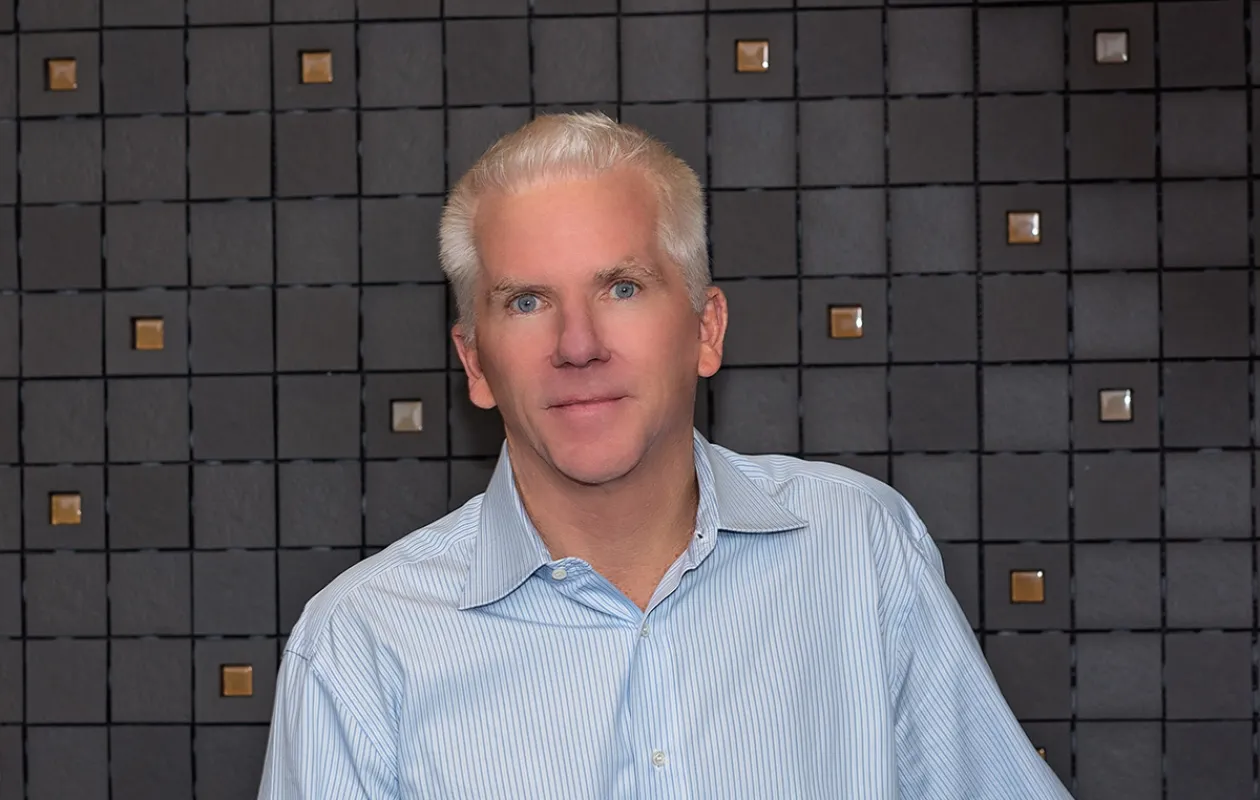
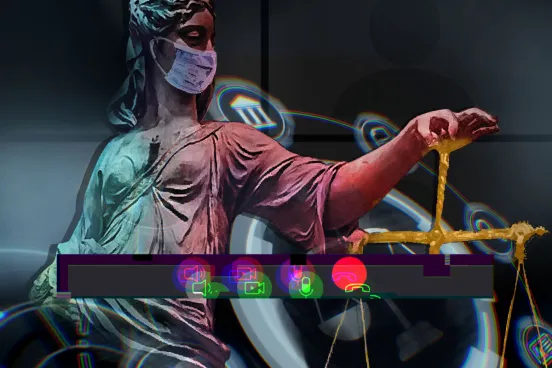
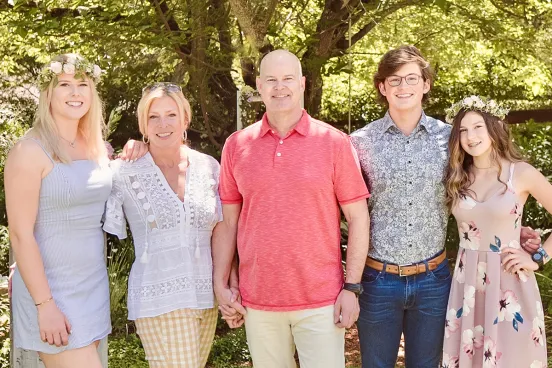
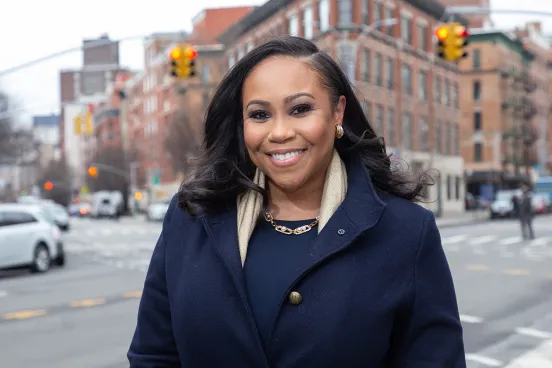
![The Tech [R]evolution in Law The Tech [R]evolution in Law](/sites/default/files/styles/teaser/public/2023-03/The-Tech-%5BR%5Devolution-in-Law.jpg.webp?itok=Obrll94p)
